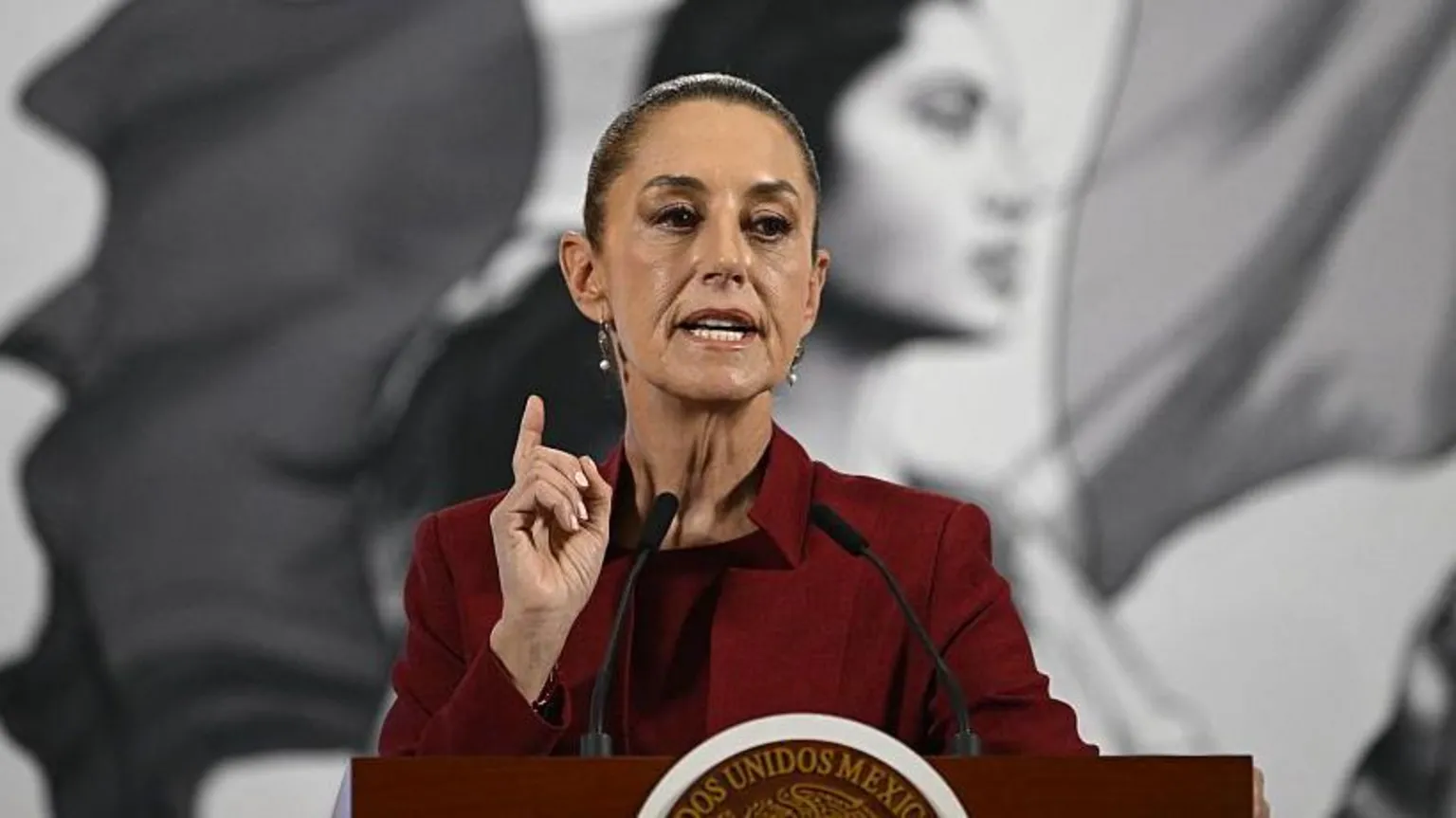Mexico is suing Google for ignoring repeated requests not to rename the Gulf of Mexico the Gulf of America for US users on its maps service, Claudia Sheinbaum has said.
In a significant geopolitical move, Mexico has filed a lawsuit against Google, challenging the tech giant’s decision to rename the Gulf of Mexico as the “Gulf of America” on its mapping platforms. This change, influenced by a directive from former U.S. President Donald Trump, has sparked controversy and raised questions about national sovereignty and the role of private companies in global cartography.
Background of the Dispute
The controversy began in January 2025 when President Trump signed Executive Order 14172, directing the renaming of the Gulf of Mexico within U.S. territorial waters to the “Gulf of America.” This order applied only to the U.S. continental shelf, which constitutes approximately 46% of the Gulf’s area, with the remaining portions under Mexican (49%) and Cuban (5%) control .
Subsequently, Google Maps and other mapping services began displaying the new name for U.S.-based users, while maintaining the traditional “Gulf of Mexico” label for users in Mexico. In other regions, both names appeared simultaneously .
Mexico’s Legal Action
Mexican President Claudia Sheinbaum condemned the renaming, arguing that Google’s application of the new name to the entire Gulf oversteps U.S. jurisdiction and infringes upon Mexico’s sovereignty. She emphasized that the Gulf is a shared body of water and that any name change should be confined to the U.S. portion .
In response, Mexico’s Foreign Relations Ministry sent a formal letter to Google requesting the reversal of the name change. When Google declined to amend its labeling policy, Mexico filed a civil lawsuit against both Google LLC and its Mexican subsidiary, demanding the restoration of the original name on all platforms and clarification that the “Gulf of America” designation applies solely to the U.S. continental shelf .
International Reactions and Broader Implications
The renaming has elicited mixed reactions worldwide. While some U.S. officials support the change as a patriotic gesture, international bodies and governments have largely maintained the traditional nomenclature. For instance, the United Nations and various European countries continue to use “Gulf of Mexico” in official documents.
The situation has also highlighted the influence of tech companies in shaping global perceptions. Google’s decision to implement the name change based on U.S. government directives has raised concerns about the extent of corporate power in determining geographical nomenclature and its potential impact on international relations.
Conclusion
Mexico’s lawsuit against Google represents a significant assertion of national sovereignty in the digital age. As the case progresses, it may set a precedent for how governments can challenge private companies over issues of global representation and the preservation of historical and cultural identities.





